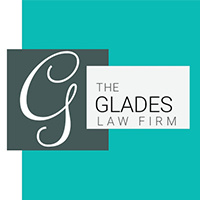Golden City DUI-DWI Lawyer, Missouri
Not enough matches for Golden City DUI-DWI lawyer.
Below are all Golden City Criminal lawyers.
Phillip Alan Glades
✓ VERIFIEDAccident & Injury, Divorce & Family Law, Criminal
Our experienced legal staff is dedicated to helping you with the following legal matters: Family Law Criminal Defense Personal Injury
Charles H. Lonardo
Foreclosure, Health Care Other, Divorce & Family Law, Juvenile Law, Bankruptcy & Debt
Status: In Good Standing
Ty Steven Gaither
Traffic, Criminal, Constitutional Law, Civil & Human Rights
Status: In Good Standing
Brian V. Glades
Premises Liability, Criminal, Products Liability, Car Accident
Status: In Good Standing


